What Are Governance Tokens?
Governance tokens aren’t just another cryptocurrency. They’re digital keys that let you vote on changes to decentralized finance (DeFi) protocols. Think of them like shares in a company-but instead of a board of directors making decisions, the people who hold these tokens get to vote on everything from interest rates to new features.
Protocols like MakerDAO, Uniswap, and Aave use governance tokens to hand control over to their users. This is the core idea behind decentralization: no single company runs the system. Instead, the community does. If you hold MKR, UNI, or AAVE, you can propose changes or vote on them. Your voting power is directly tied to how many tokens you own. Hold 10,000 UNI? You get 10,000 votes. Hold 1 million? You get a million.
How Voting Actually Works
It’s not as simple as clicking a button. Governance happens in steps. First, someone submits a proposal-maybe to change the fee structure on Uniswap or add a new collateral type to MakerDAO. Then, there’s a discussion period, usually a few days, where users debate the idea on forums or Discord.
After that, voting opens. Most protocols use Snapshot for this part. Snapshot is off-chain, meaning it doesn’t cost gas fees. You sign a message with your wallet, and your vote is recorded. Once voting ends, if the proposal hits the quorum (minimum number of votes needed), it moves to the next stage.
Then comes the Timelock. This is a 2-3 day delay before the change goes live. It’s there to give time for anyone to spot a problem. If a proposal tries to drain the treasury, the Timelock gives the community a chance to stop it. Only after this delay does the smart contract execute the change.
For example, MakerDAO requires at least 4% of all MKR tokens to be in play for a vote to count. Uniswap needs 25 million UNI (about 2.5% of supply). If you don’t hit that number, nothing happens-even if 90% of voters say yes.
Who Controls the Votes?
Here’s the uncomfortable truth: most voting power is concentrated in a few hands. According to Nansen’s 2023 data, the top 100 UNI holders control over 73% of voting power. In Aave, the top 10 addresses hold nearly 59%. That means a small group of whales can push through proposals-even if most users don’t care or don’t understand them.
This isn’t just theory. In July 2023, CurveDAO proposed giving 1.5 billion CRV tokens to a single liquidity pool. It passed. Critics called it a giveaway to insiders. The proposal succeeded because a handful of wallets voted yes, while thousands of smaller holders didn’t vote at all.
Some protocols are trying to fix this. CurveDAO now uses quadratic voting, where your voting power equals the square root of your token balance. So if you hold 10,000 tokens, you get 100 votes-not 10,000. This reduces the influence of big holders and gives more weight to small ones.
Other models include voting power decay. OlympusDAO makes your votes expire after 60 days of inactivity. If you don’t vote, your power fades. That pushed participation up by 37% in their Q2 2023 report.
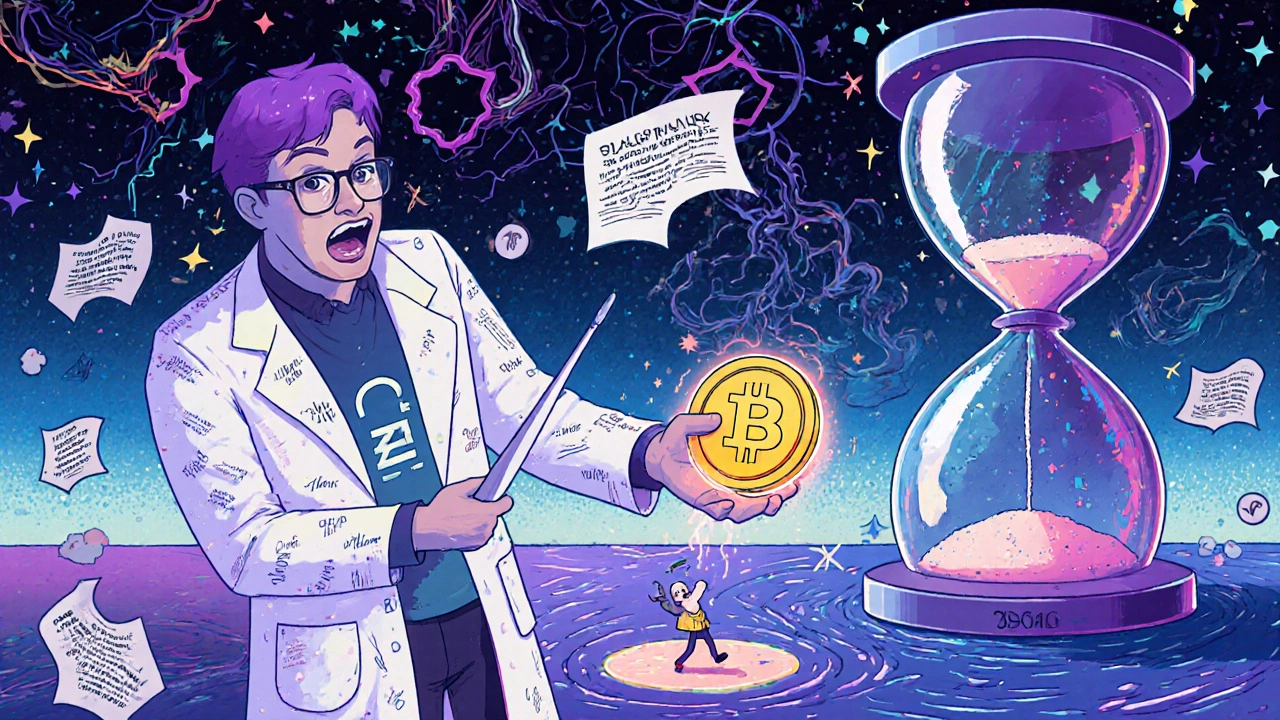
Why Most People Don’t Vote
If you’re holding UNI or COMP, you’ve probably never voted. And you’re not alone. A June 2023 survey of 1,204 DeFi users found only 28.7% had ever voted on a proposal. The top reasons?
- Lack of understanding (54.2%)-Proposals are written like legal documents or technical specs. They’re hard to read.
- Low perceived impact (38.7%)-"My 5,000 UNI won’t change anything. Why bother?"
- Time constraints (29.5%)-Voting takes research. Most people don’t have the hours.
Reddit threads like "Why I never vote on governance proposals" have hundreds of upvotes. One user, u/CryptoFarmer87, wrote: "I hold 5,000 UNI but the proposals are too technical for non-devs to understand properly."
Some protocols are fighting back. MakerDAO now publishes plain-language summaries of every proposal. They host weekly calls where anyone can ask questions. Compound offers a "Governance 101" guide that cuts onboarding time by 42%. These efforts help-but they’re still the exception.
Delegation: The Quiet Revolution
One of the biggest shifts in 2023 was the rise of delegated governance. Instead of voting yourself, you can assign your voting power to someone else-like a trusted expert in risk management or smart contract security.
Uniswap launched "Delegation v2" in August 2023. Now, you can delegate your UNI to someone who reads proposals daily, understands the tech, and votes on your behalf. The first delegated vote saw participation jump 31%.
It’s like electing a representative. You don’t need to be an expert. You just need to pick someone who is. This model is growing fast. Kraken’s April 2023 report found that protocols using delegation had 43% higher voter turnout than those that didn’t.
MakerDAO went further with "Executive Catalysts"-a $5 million quarterly fund that pays community members to draft high-quality proposals. Before this, 23% of proposals got rejected for being poorly written. Now, they’re sharper, clearer, and more likely to pass.
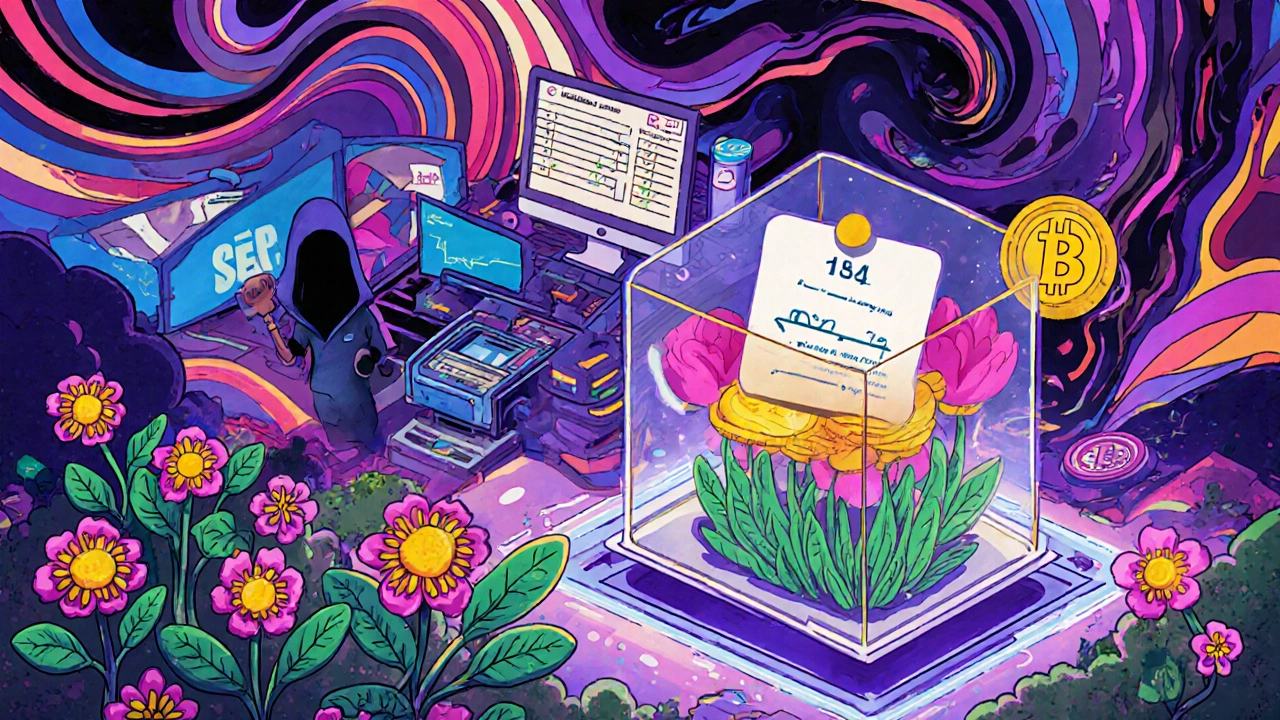
Regulation and the Shadow Over Governance
The SEC doesn’t like governance tokens. In February 2023, they took action against Uniswap Labs, suggesting that UNI might be an unregistered security. The argument? If token holders vote on how the protocol earns money, they’re acting like shareholders.
Since then, 14 protocols have added "legal wrappers"-restricting voting rights to accredited investors only. That’s a big deal. It means regular users can still hold the tokens, but they can’t vote. That weakens the whole idea of decentralized governance.
Davis Polk’s September 2023 report found that 67% of governance tokens could fail the Howey Test, which determines if something is a security. If regulators start classifying them as such, we could see a major shift: governance tokens becoming more like corporate stock than community tools.
What’s Next for Governance Tokens?
The future isn’t just more voting. It’s smarter voting. Ethereum’s research team predicts a move toward hybrid models-mixing token weight with reputation, quadratic funding, and on-chain identity.
Chainlink’s CCIP protocol now lets Aave run votes across multiple blockchains at once. That’s huge. No more choosing between Ethereum and Polygon. You can vote everywhere.
Some are even experimenting with reputation systems. If you’ve contributed code, written docs, or helped users for months, you earn reputation points. Those points give you extra voting power-even if you don’t hold many tokens.
But the biggest challenge remains: making governance work for regular people. Right now, it’s a system built for whales and developers. The goal for 2025 and beyond is to make it simple, fair, and inclusive.
Real Wins and Real Failures
Governance isn’t all broken. There are success stories.
In 2019, MakerDAO successfully switched from single-collateral (only ETH) to multi-collateral (ETH, WBTC, USDC, and more). That change saved the protocol from collapse during the 2020 crypto crash. It happened because the community voted for it-after months of debate and testing.
Aave’s Safety Module is another win. Over 14,000 users staked 1.2 million AAVE tokens ($285 million) to backstop the protocol against losses. That’s not just voting-it’s aligning incentives. People put their money where their vote is.
But then there’s the flip side. The Cream Finance exploit in October 2022 let attackers drain $60 million because a malicious proposal slipped through. The system worked as designed-but the design was flawed.
Governance doesn’t prevent bad ideas. It just lets people vote on them. That’s why education, delegation, and transparency matter more than ever.
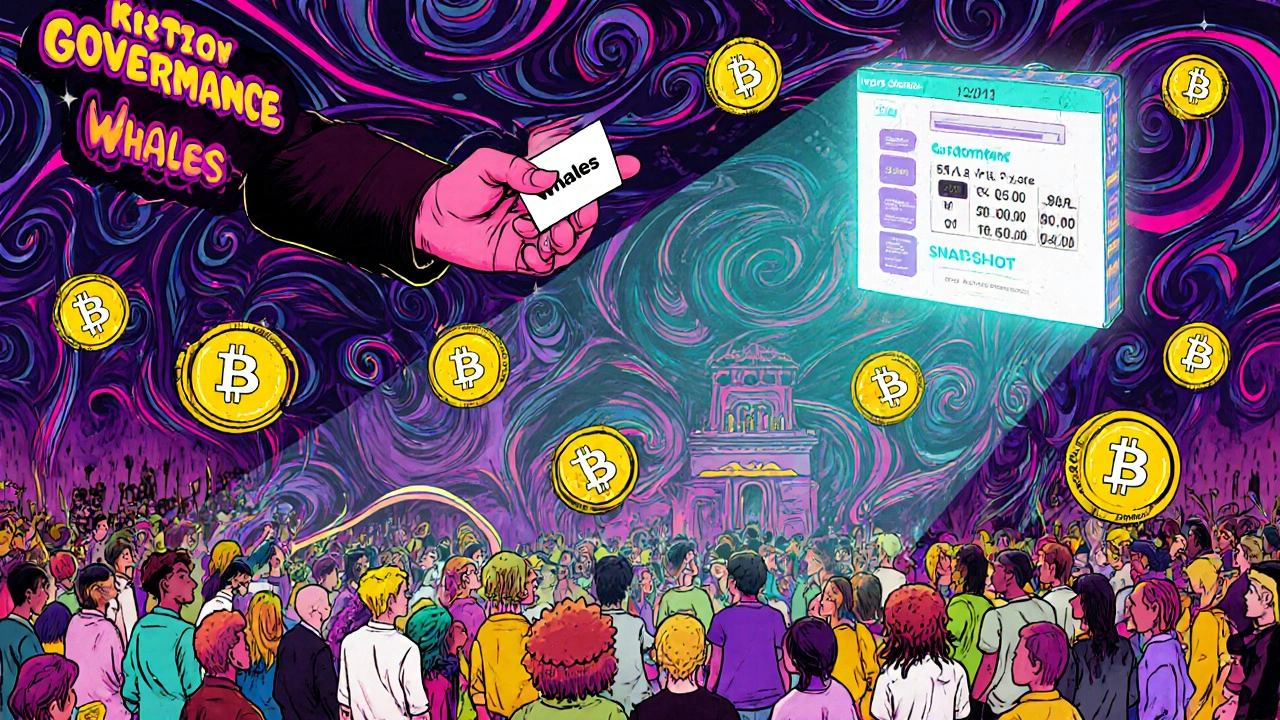

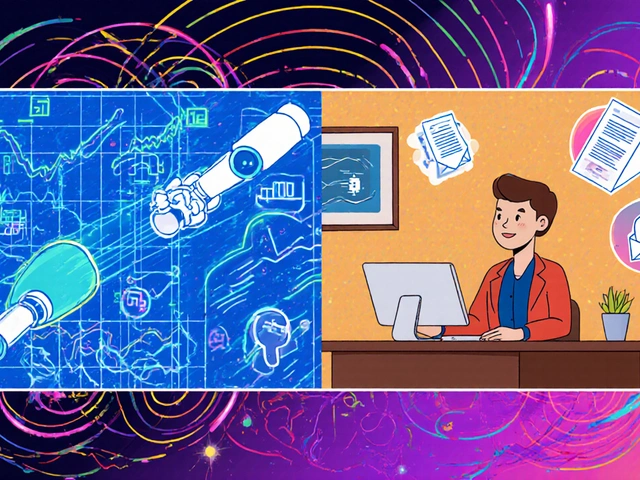
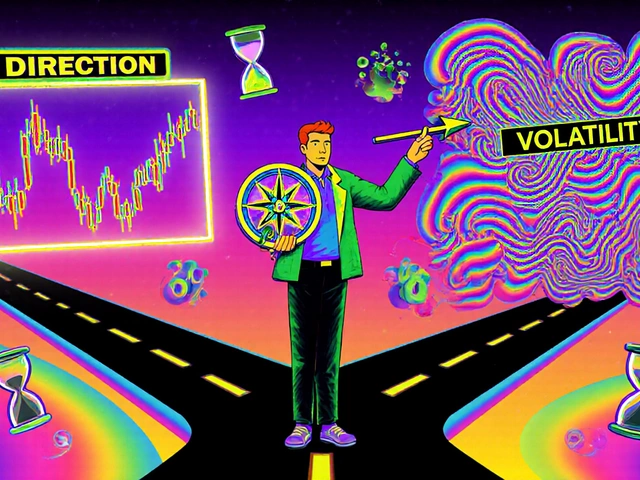
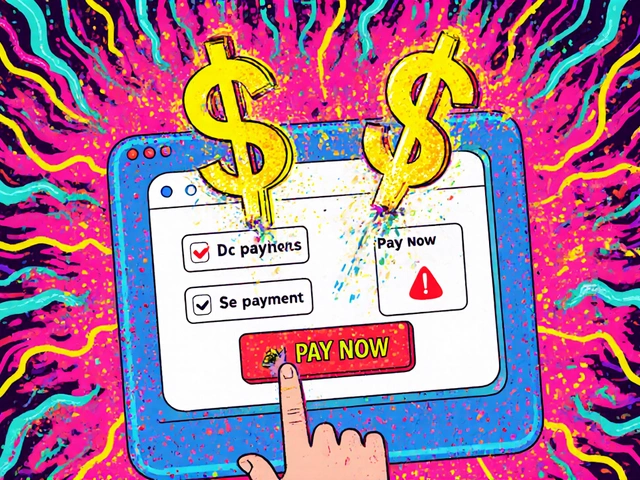

Comments
Bro, governance tokens are just crypto voting simulators at this point. You hold 10k UNI, you think you’re a democrat, but really you’re just a glorified proxy for a whale’s whim. Snapshot’s free, sure-but who the hell has time to read 20-page legal PDFs written by devs who think ‘quorum’ is a type of sushi? I’ve delegated mine to a DAO curator on Twitter. She’s got better taste than me and doesn’t sleep. Win-win.
Let’s be brutally honest: this entire system is a regulatory time bomb. The SEC isn’t bluffing-they’ve got the legal machinery to reclassify every governance token as a security the moment they decide to. And when they do, the ‘decentralized’ part evaporates overnight. Delegation? Quadratic voting? Cute. None of it matters if the law says your vote is invalid because you’re not an accredited investor. We’re building a democracy on quicksand, and the sand is being pulled out by Wall Street lawyers in bespoke suits. Wake up.
It is truly fascinating to contemplate the philosophical underpinnings of governance in decentralized systems-how the very notion of ‘voice’ becomes quantified, commodified, and ultimately, concentrated in the hands of those who possess the most capital. One cannot help but draw parallels to historical democratic movements where suffrage was initially restricted by property ownership, only to be expanded through collective struggle. Yet here, we are witnessing the inverse: a system designed to empower the many, but inevitably co-opted by the few who hold the keys-not because of merit, but because of balance. Is there not a moral imperative, then, to engineer mechanisms that restore equilibrium? Reputation-based weighting, time-decaying votes, quadratic mechanisms-all noble attempts, but do they truly address the root? Or are we merely decorating the cage while the lion still owns the key? I wonder, if we were to design governance from first principles, would we even choose tokens as the basis at all?
Delegation is the only real win here. I hold 8k COMP and I’ve never voted. Not because I don’t care, but because I’m not a dev and I don’t wanna spend 3 hours parsing a proposal that reads like a blockchain whitepaper written by a lawyer who hates humans. I delegated to a guy who runs a DAO newsletter. He summarizes everything in 3 bullets and a meme. I trust him. 37% of voters still don’t show up? That’s because they’re not lazy-they’re just not stupid. If you want participation, make it stupid easy. Or just let the people who actually read the docs vote for you. It’s not betrayal-it’s efficiency.